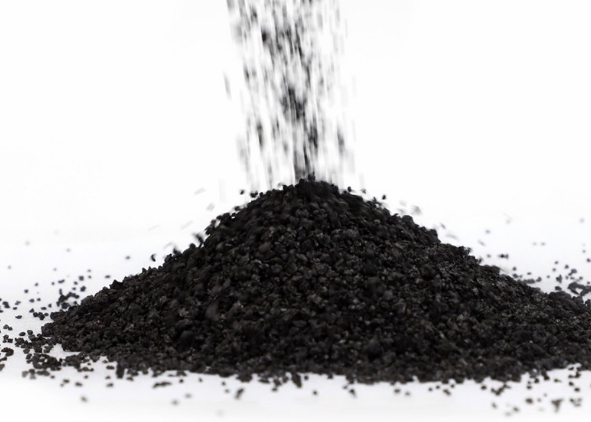
Calcined petroleum coke (CPC) is a high-purity carbon material produced by heating green petroleum coke to remove moisture, volatile matter, and impurities. It is widely used in various industries, including the aluminum, steel, and chemical sectors. This article examines the environmental impact of calcined petroleum coke production and utilization, discussing its potential benefits and drawbacks.
The production of calcined petroleum coke involves two main stages: the production of green coke and the calcination process. Green coke is produced during the oil refining process, specifically during the conversion of heavy crude oil into lighter petroleum products. The calcination process involves heating green coke in a calciner, which removes moisture, volatile matter, and impurities, resulting in a high-purity carbon material.
The production of calcined petroleum coke generates greenhouse gas (GHG) emissions, primarily carbon dioxide (CO2), from the combustion of fossil fuels during the calcination process. These emissions contribute to climate change and global warming. However, the use of advanced calcination technologies and energy-efficient practices can help reduce GHG emissions from CPC production.
Calcination can also release air pollutants, such as sulfur dioxide (SO2), nitrogen oxides (NOx), and particulate matter (PM). These pollutants can contribute to air pollution and have negative impacts on human health and the environment. The implementation of emissions control technologies, such as scrubbers and electrostatic precipitators, can help mitigate these emissions.

Calcined petroleum coke is primarily used as a carbon source in the production of aluminum, steel, and other metals, as well as in the manufacture of graphite electrodes and other carbon products. Its high carbon content and low impurity levels make it an attractive material for these applications.
In the aluminum industry, calcined petroleum coke is used as a key raw material in the production of anodes, which are consumed during the electrolytic process to produce aluminum. The use of CPC in aluminum production can help reduce energy consumption and GHG emissions compared to alternative carbon sources, such as coal or natural gas.
Calcined petroleum coke is used in the steel industry as a recarburizer, which is added to the molten steel to increase its carbon content and improve its mechanical properties. The use of CPC in steel production can help reduce energy consumption and emissions compared to alternative carbon sources.
Graphite electrodes are used in electric arc furnaces (EAF) for steelmaking and other metallurgical processes. Calcined petroleum coke is a key raw material in the production of these electrodes, as it provides the necessary carbon content and electrical conductivity. The use of CPC in graphite electrode production can help reduce energy consumption and emissions compared to alternative carbon sources.
Calcined petroleum coke offers several environmental benefits, including reduced energy consumption and GHG emissions compared to alternative carbon sources. However, its production and utilization also generate air pollutants, such as SO2, NOx, and PM, which can have negative impacts on human health and the environment. The implementation of advanced emissions control technologies and energy-efficient practices can help mitigate these environmental challenges.
Calcined petroleum coke is a valuable carbon material used in various industries, offering potential environmental benefits in terms of reduced energy consumption and GHG emissions. However, its production and utilization also generate air pollutants that can impact human health and the environment. To minimize these impacts, it is essential to adopt advanced emissions control technologies and energy-efficient practices in the production and utilization of calcined petroleum coke.

Write a Message